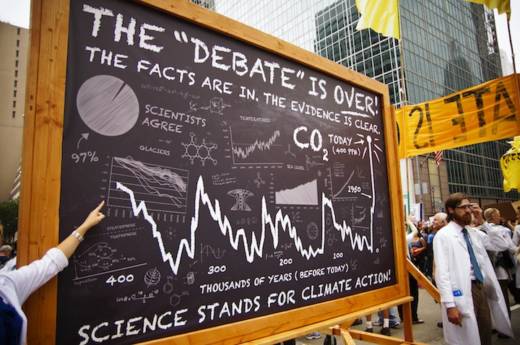Last weekend, a massive milieu of women in pink hats descended on Washington, D.C. for the Women’s March. The next big protest being planned for the nation’s capital could involve a sea of lab coats (and likely a few pink hats as well).
A group of researchers have proposed a March for Science. What started as a discussion on Reddit has quickly blossomed into a movement.
Organizers started a private Facebook group and Twitter account on Monday. By Wednesday afternoon, the former boasted more than 300,000 members and the latter had nearly 55,000 followers. A public Facebook page had more than 11,000 likes just five hours after going online. The explosion of support caught organizers off guard, but they’re meeting this weekend to discuss details about the date and full mission statement.
The march would be the latest in a string of actions taken by scientists following Donald Trump’s election and his inauguration as president. His administration has been widely viewed as hostile to science — from the transition period through hearings for his cabinet nominees through silencing key federal science agencies and freezing grants.
“This is not a partisan issue. People from all parts of the political spectrum should be alarmed by these efforts to deny scientific progress,” Caroline Weinberg, a medical researcher who is helping organize the march, said. “Scientific research moves us forward and we should not allow asinine policies to thwart it.”

